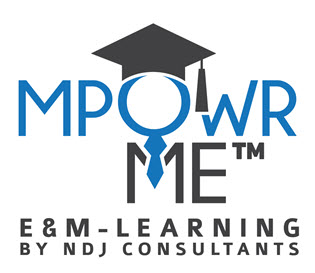
R400.00
Sign In Sign in to register for this training programme
Learning Outcomes
| Identify different types of conflict at work and the preferred method of dealing with conflict |
| Use different strategies for dealing with conflict |
| Use assertive behaviour rather than aggressive or passive behaviour |
| Make best use of body language, listening and oral communication |
| Stay calm and in control in order to reach a positive resolution |
| Save time (conflict holds back productivity) |
Description
This programme will provide learners with a number of 'tools' to use when dealing with conflict. Conflict in teams are inevitable and could even be beneficial but ONLY if it is managed according to correct conflict management principles. NQF Level 5
Outline
| 1. Introduction | |
| What is Conflict? | |
| What is Conflict Management? | |
| Difference between Conflict Management and Conflict Resolution | |
| Top 5 Causes of Workplace Conflict | |
| 2. Good Communication = Better Understanding | |
| Perception is Reality | |
| Non-Verbal Communication (Body Language) | |
| Voice Tone | |
| 3. Empathy = Better Understanding | |
| Understanding the Other Person’s Perspective | |
| Cultural Awareness | |
| 4. Transactional Analysis | |
| 5. Avoiding Communication Breakdowns | |
| Contributing Factors | |
| Applying Risk Management to Mitigate Communication Interferences | |
| 6. Communication Models to Apply During Conflict Resolution | |
| PEACE Model | |
| The Feedback Sandwich | |
| The 5-Step Appeal | |
| 7. Conflict Resolution Strategies and Styles | |
| 4 Key Conflict Management Skills | |
| Conflict Resolution Strategies | |
| 8. Dealing with Resistance | |
| 9. The Link Between Emotional Intelligence and Conflict Management / Resolution | |
| 10. Healthy vs Unhealthy Ways of Managing and Resolving Conflict | |
MPowrMe ™


